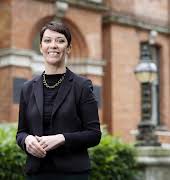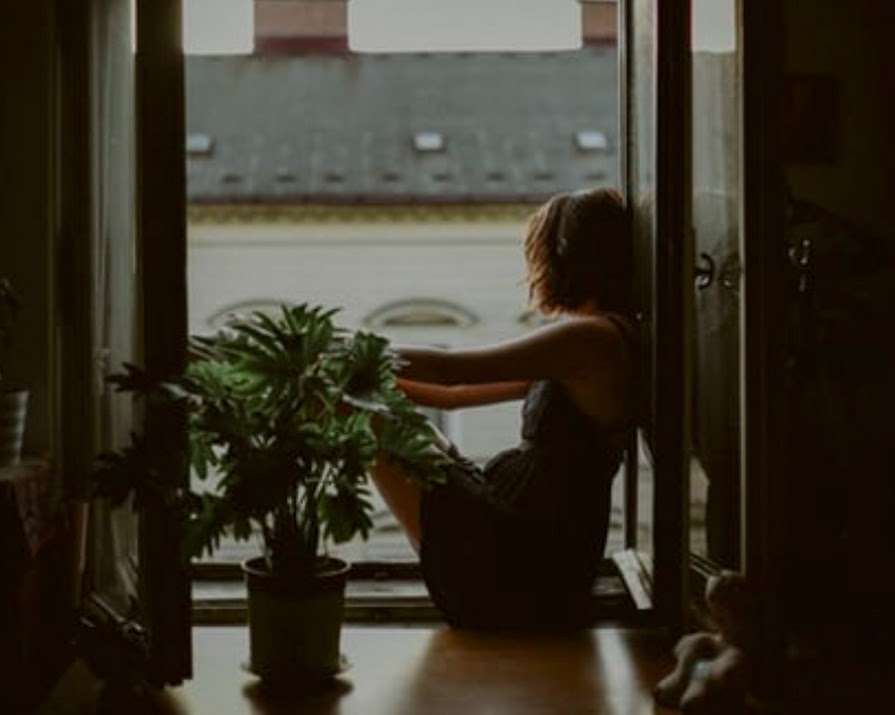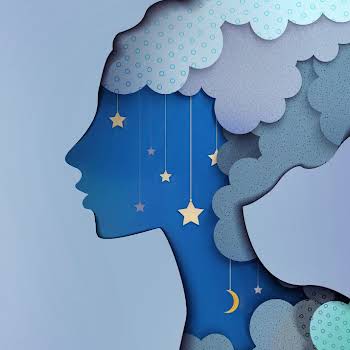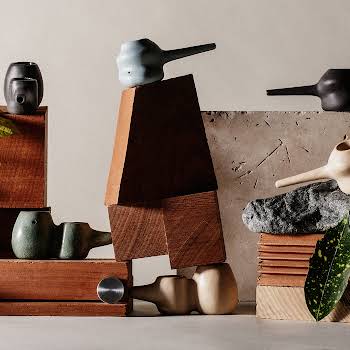
‘While the pandemic won’t define us, it’s done a stellar job of unraveling all our carefully laid plans’
We have one foot in our old lives, another in our new normal. Amanda Cassidy wonders if we are underestimating the toll that the last few months of confinement has taken on our mental health
That end of world feeling has passed — the wake-in-the-night anxiety over eerily empty roads and daily death tolls. And as Covid-19 restrictions ease, a normality of sorts has descended; we no longer stare at people wearing masks, queue etiquette is establishing itself, you can even buy a plant.
But the crisis hasn’t passed. Not fully. That whack-a-mole comparison is ever-present in the back of our minds. We find ourselves stuck in a no-man’s land of having one foot out over the trenches without any sense that the fear has abated.
And fear, in this case, is sometimes useful.
On a walk recently I got caught in a heavy downpour. I stood under the nearest tree I could find by a pavement near my home. An elderly neighbour spotted me, pulled in his car a few meters ahead, and called out of his window for me to jump in and he’d give me a lift.
Our carefully constructed world suddenly doesn’t seem safe anymore
Without thinking I started towards the car and then remembered words that have been filling my head over the last few weeks; social distancing, cocooning, self-isolation, viral load. I waved him on politely but wondered about the ease with which I was able to forget the danger that lurks, everywhere, and nowhere. I was angry at myself for letting my guard down.
How can I answer their questions about when football practice starts again when I don’t know if we’ll have jobs in another couple of weeks?
But it is exhausting — the everyday micro-worries of remembering to stay apart, wash your hands, keep the kids away from others, shopping scarcely, staying home, not feeling safe. Because our carefully constructed world suddenly doesn’t seem safe anymore. Living with the rug pulled from underneath us is scary.
That insecurity, the looking-over-your-shoulder fear of an invisible danger chips away at your well-being.
The children are confused too — straddled between two worlds, the old one and this new environment. ’Is coronavirus over?’ they ask innocently with their black and white minds. There is no halfway point for them.
Process
The tap was turned off so abruptly on our old lives that it is really hard to watch the tiny drip-drip of it easing back on so slowly. Frustration and boredom have peaked but uncertainty lingers too – how can I answer their questions about when football practice starts again when I don’t know if we’ll have jobs in another couple of weeks?
Crawling out into this new environment is even harder than hiding away in the first place
The joy of walking to the farthest corner of our 5km is lovely but when can we start our lives again? At what point can we put a flag in the map of our new normal and begin navigating forwards?
And then there is the grief — the loss we feel after we were ripped from our old life, segregated from those we love, a sadness that lingers as we homeschooled and Zoomed and watch Tiger King and canceled holidays.
We are in a process, a really important and necessary process. But for me, crawling out into this new environment is even harder than hiding away in the first place. In some parts, anyway. It isn’t the altering of most of what we know, but how we find our new identity amongst it.
Because while the pandemic can’t define us, it’s done a stellar job of unraveling all our carefully laid plans. It has touched, no… mauled all areas of our life, socially, emotionally and financially.
Flux
Of course, it will be easier when the actual new normal is established. It is always harder when we remain in flux, but psychologically we’ve been taken on a real ride – we’ve been exposed to isolation, deep introspection, always-being-around-the-kids-itis.
We acknowledge how lucky we are to have things like a garden, our health, our families within our reach, but let’s not underestimate the long-term impact this had on our lives. Those days of sheer hopelessness won’t shake off easily. Not for anyone. Confinement frays nerves, and worse.
Cracks are also starting to show in children, who need peer interaction, routine, and socialisation. Let’s not dismiss that void.
Psychologist Maureen Gaffney wrote an interesting article in the Irish Times this weekend about how Covid-19 scored a direct hit on our most basic psychological drives. “The need for closeness in your personal relationship, the need for autonomy and control over the organisation and direction of your life and your work.”
These are not simply desires, but deeply rooted in our instinctive behavioural systems, “influencing the neural circuits in our brain, activating the hormonal and operating systems that influence motivation, behaviour and stress response.” These are all being severely tested during this crisis.
Forward
And the cracks are also starting to show in the children who need peer interaction, routine and socialisation. Their school and friends are their entire world and it was turned upside-down too. Let’s not dismiss that void. They need their old lives to resume – their gymnastics, playdates, birthday parties.
The priority was always saving lives, not overwhelming our health system, being responsible collectively. And I think we’ve all done this pretty well. But the true toll of the last few weeks (as well as what might be ahead) is only really unfolding now. We can look back at our impressively fast response to a true emergency, and of course, hold dear any positives that might have emerged.
The shell-shock of the past few months has worn off. Businesses brace themselves to open their dusty doors and we all try to salvage even some of the crumpled plans of our lives.
This was a physical health emergency first, but it is becoming increasingly clear that the mental health emergencies coronavirus left in her sticky wake are just beneath the surface. And they are starting to rise.
Image via Unsplash.com
Read more: Funerals amid Coronavirus: ‘We had no one to hug us. We were all alone’
Read more: ‘I watch my children twirl and fall down dizzily and I feel the same’























